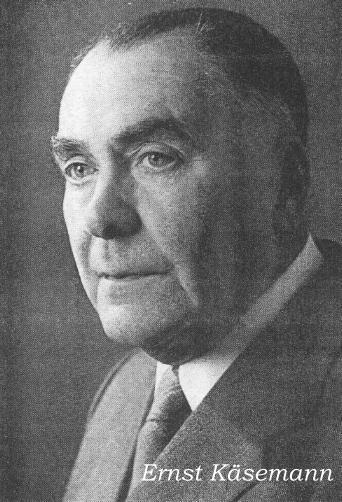I am one of those people who always likes to read the prefaces and ackowledgements of a book just to get a bit of insight into the personality of the author. Correspondingly, I also like the "about" pages on peoples blogs, although those are often dissapointing lists of abstract interests rather than any real self revelation as such.
Clayboy, AKA Doug Chaplin has a great
"about" page, which reads pretty much as a short and pithy manifesto for theology. (My own
blog manifesto is here) I've actually found Doug's worth returning to just for its own sake. One phrase has been giving me thought recently:
as the Scriptures suggest, if you’re going to anthropomorphise the eternal reality who dwells in unapproachable light you might as well do it outrageously.
Which nicely pins down the absurdity of the revelation of God in the Bible, of our attempts to talk about such a being, and most of all of the absurdity of the incarnation itself. We have permission to to anthropomorphise God, the one who is so supremely other, because God does so in God's own self revelation.
But there is a danger in this. It may be done outrageously, but it must also be done critically and rigourously. I recently formatted the proofs for a forthcoming book on evangelical views on God and gender (review to follow once it actually gets published). As well as the fare I expected, regarding gender equality in home and church (or lack of it), I was surprised by the number of chapters that used the topic to actually talk about God. (perhaps I shouldn't have been, but I was.) I realised that in the last few years God had been getting increasingly distant and abstract for me, mainly as a resuly of the particular areas I was studying in. That book reminded me that God reveals himself to us anthopomorphised, sometimes as male and sometimes female. God, he/she/it, is someone we can relate to. The danger comes when we take this extraordinary gift of God and confuse which direction the morphing actually operates in. God may anthropomorphise God's self in revelation, we may need to use anthropomorphic analogy to describe God (e.g. God is "love"), but we
absolutely must not reverse this and deify or theomorphise our own selves, especially not our gender.
So the answer to Joan's question, posed so well in the song above, is that God was one of us, God is one of us, and yet just because I am a slob, doesn't mean God is. :-)


